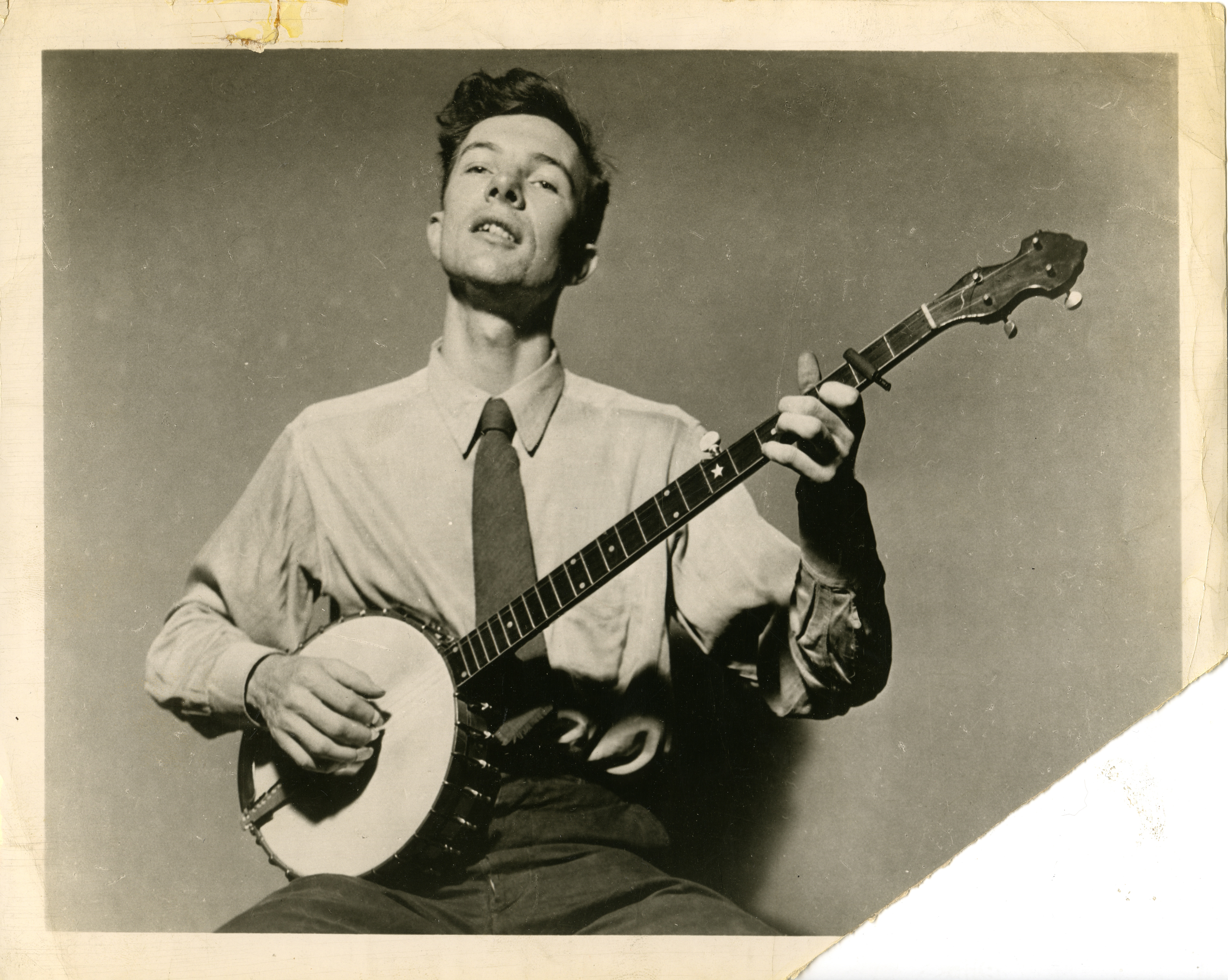This story is a bit unusual in that
it has a single starting point. Some years back I was at a dinner
party with some family friends who had recently returned from
Vietnam, and they mentioned that while the country had become much
more prosperous because of foreign investment in factories there,
people were concerned that because wages and the standard of living
were rising the people who owned the factories would wind up moving
them to someplace where people were willing to work for less. This
made me think of the classic SF premise “If this goes on…” and
imagine the process finally ending with the factories moved to Hell.
This made me think of the old
practice of using convict labour, which was a major issue for the
labour movement in the early 20th century. (Unions were
opposed to the practice not primarily because it exploited convicts
but because it drove down wages.) Most of what I know about labour
history I learned from reading and listening to Pete Seeger, so I
decided to make the protagonist a folk singer in that mould, which
led me – embarrassingly late – to recognize the echoes of Orpheus
in the story, and come up with a twist on the don’t-look-back rule
that changes it into a story that’s mostly about compassion.
No real Canadian references in this
one, though the folk club the main character plays at, Raskolnikov’s,
is a goof on the much-missed Ottawa folk club Rasputin’s, where I
used to occasionally play gigs with a friend of mine who is an actual
musician. I’ve never had any really bad jobs – at least
not as bad as the jobs people in the story have – but I have had a
few fairly bad one. My experience in telemarketing, in particular,
led to what`s probably my favourite line in the book: “It’s
always dinnertime when you call from Hell.”
#SFWAPro

No comments:
Post a Comment